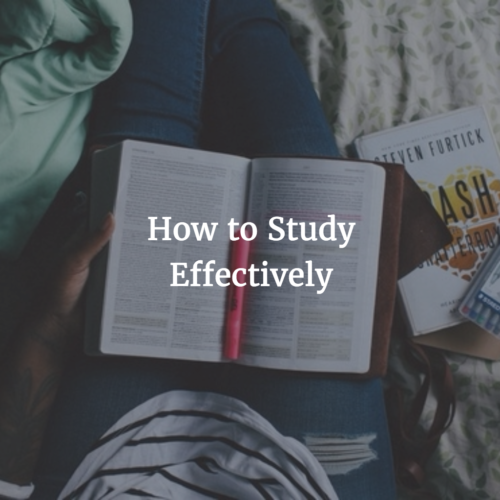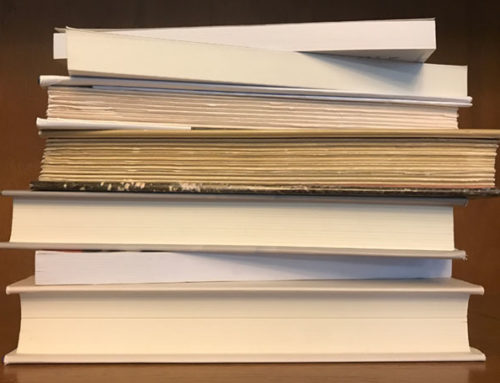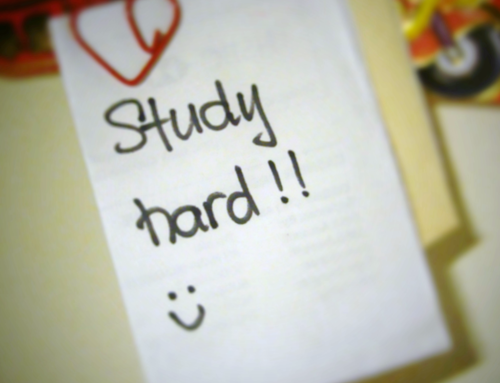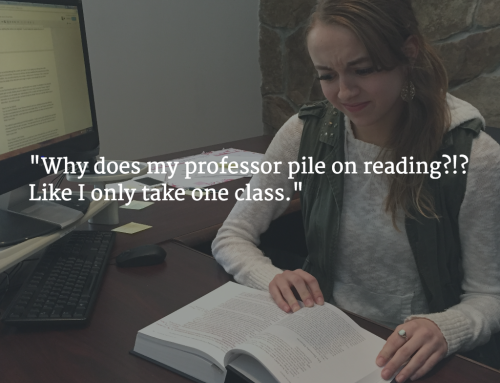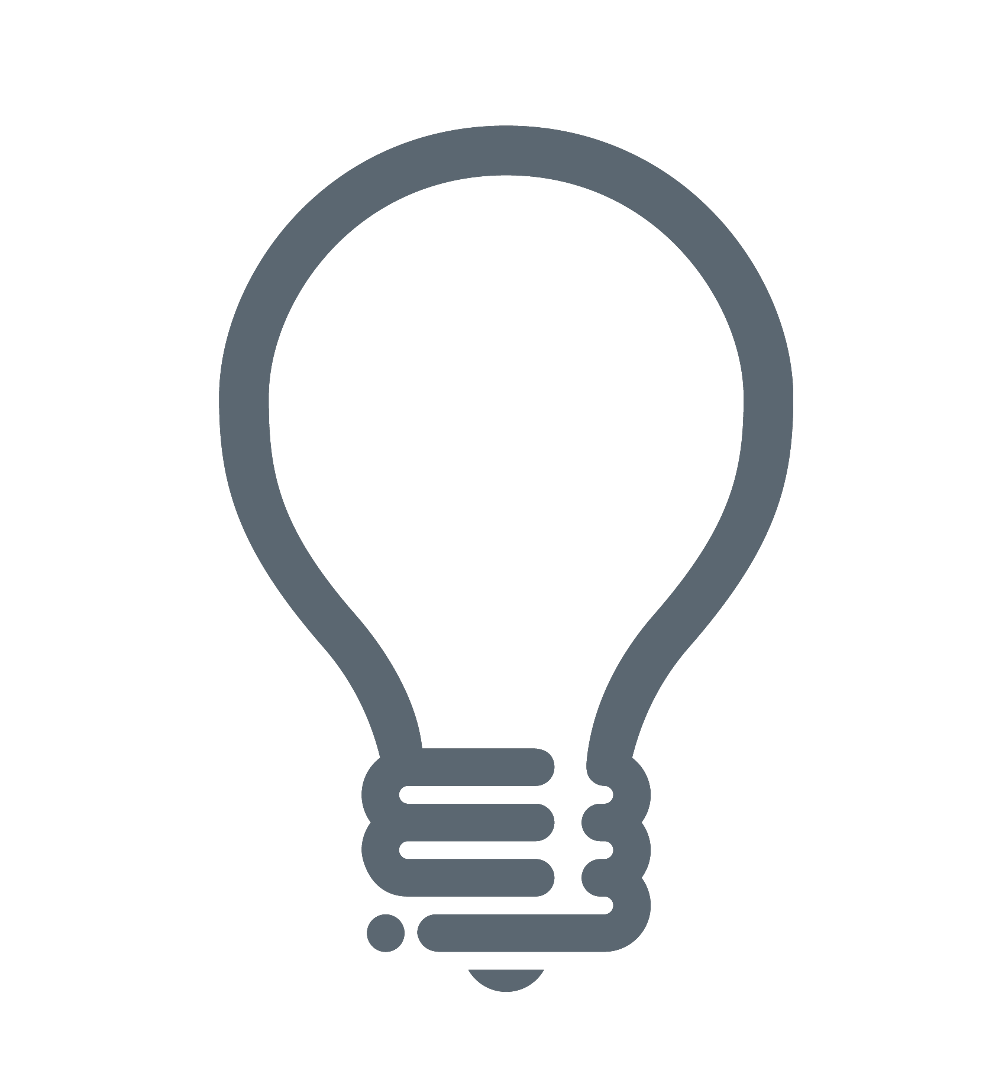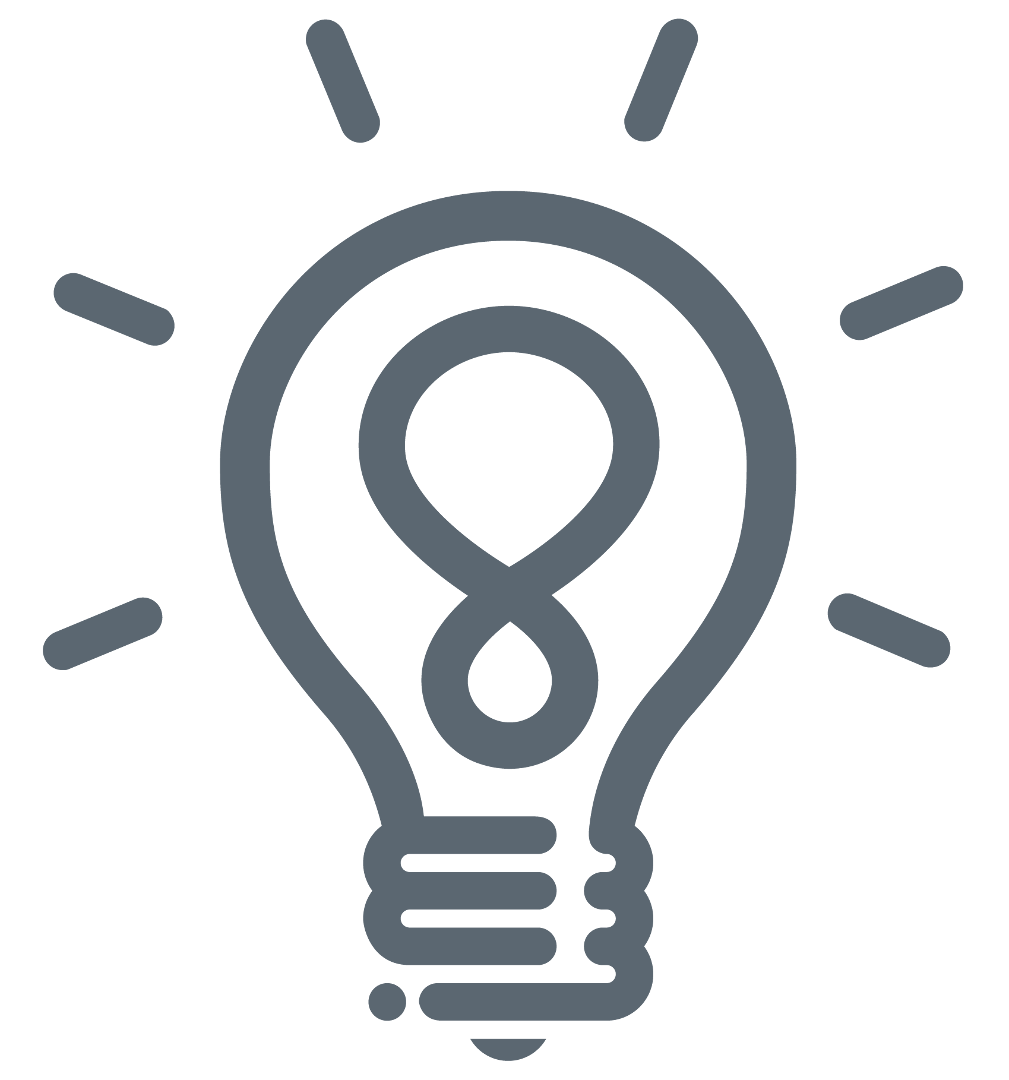
How to Study Effectively: There’s more to it than you might think.
Studying, UGH!
Let’s be honest, no one enjoys studying. It can be stressful and very overwhelming. At times (especially around finals) you may feel like studying for your classes and for exams consumes your entire life. Most students would agree that studying is a necessary evil. There seems to be no way to escape the perpetual doom. The good news is that studying doesn’t have to be a painful experience. Most students find studying so difficult because they study ineffectively. Do you know how to study effectively? How do you know if your approach to studying is effective or not?
Have You Ever…
- Spent hours reviewing your notes?
- Pulled an all-nighter in order to cram for a test?
- Read your textbook cover to cover and still had no idea what was going on in class?
If you answered yes to any of the above questions, you’re probably studying ineffectively. Don’t lose hope! Here are some steps that will show you how to study effectively, and make it less time consuming.
Work Smarter, Not Harder
Unfortunately, you don’t get credit for the time you spend studying. Students aren’t awarded grades based on the amount of effort they put into test preparation. You don’t get credit for hard work; you only get credit for correct answers. It doesn’t matter if you spent four hours studying for an exam if you only got 60% of the answers correct. Since you don’t get credit for the amount of time you spend studying, the goal is to study less and learn more (sounds like a fantasy, right?). Don’t spend hours cutting down a tree with a dull saw. Sharpen your saw and make your approach to studying more effective!
Improve Your Brain’s Power
Have you ever heard that as humans, we only use about 10% of our brain’s capacity? Whether or not that is true, one key to studying effectively is to exercise your brain and increase its overall activity. Every time you learn something new, your brain makes a new neural pathway to that information in your brain. It uses this pathway like a road where neurons travel up and down it, relaying information. The brain remembers important information through repetition. The more your brain uses a neural pathway, the more efficient it is at using the information contained within it. So the trick, then, is to get your brain to use the “road” enough to be efficient with the information you’ve given it. Brain training tools like eyeQ work to increase your brain’s “neuroplasticity,” which is the brain’s ability to improve continually without limit. Improving your brain’s neuroplasticity and strengthening those neural pathways will ultimately result in more effective study sessions.
Study in Short Bursts
Those three-hour long, excruciating study sessions might actually be doing you more harm than good. The brain tends to remember “firsts” and “lasts.” For example, let’s say a set of twenty different numbers was read off to you in a random order. If you were then asked what those numbers were, you would more than likely remember the first few numbers and the last few numbers. Most people will have a difficult time remembering the numbers that fell in the middle. This also explains why long study sessions are ineffective. The material you study towards the middle of your session is forgotten much more easily. The brain needs intervals and repetition to learn new material. Break your study into several short bursts in order to save time and create multiple “firsts” and “lasts” for your brain. The more “firsts” and “lasts” you can create for yourself, the better you’ll be able to remember key information when it comes time to take your exam.
- A one-hour study session yields 2 “firsts” and “lasts.”
- This study session is least effective.
- Six, 10-minute study sessions yield 12 “firsts and lasts.”
- This study session is slightly more effective.
- Twelve, 10-minute study sessions yield 24 “firsts and lasts.”
- This study session is most effective.
Maximize Your Free Time
We don’t realize how much free time we actually have throughout the day. In order to make your study sessions more effective, less stressful, and less time consuming, try maximizing your free time.
The average person:
- Spends 6 years of their life eating
- Spends 5 years of their life waiting in line
- Spends 6 months of their life waiting at red lights
Most of us usually turn to our cell phones to pass the time in situations like these. The next time you’re waiting in line for food or are stuck in the waiting room at the dentist’s office, review your notes instead. Breaking your study sessions up is not only beneficial for your brain, but it will also make studying a less stressful experience. If you break your studying up into several small, manageable chunks it won’t seem as overwhelming. Completing a short, seven-minute eyeQ training session can also help you save time while studying. The program trains your eyes and your brain to work together in order to take in more information at once. The more information your brain can intake and process, the more effectively you will be able to learn and retain new material.
Source Material for this article:
“Where There’s a Will There’s an A” by Professor Claude Olney

